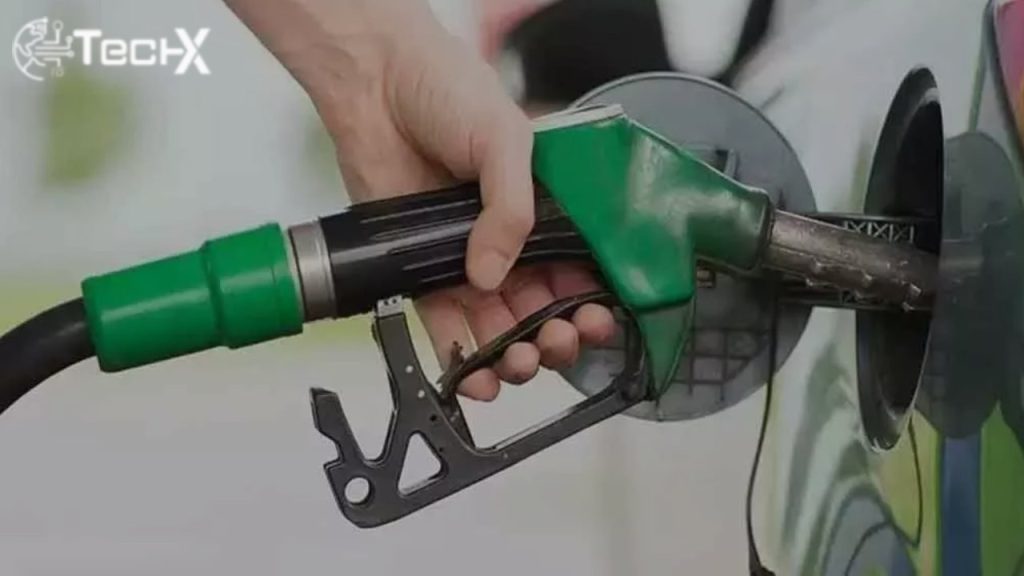The government has announced that the price of petrol will remain unchanged for the second half of September 2025. According to the Finance Division’s official notification, petrol will continue to be sold at Rs. 264.61 per litre. This decision aims to provide some stability for consumers despite fluctuations in global oil markets, as fuel prices significantly impact daily life, transportation, and overall inflation trends across the country.
Increase in High-Speed Diesel
While petrol prices remain the same, high-speed diesel (HSD) has seen a slight increase. The new price of HSD has been raised by Rs. 2.78, reaching Rs. 272.77 per litre. Diesel is heavily used in transportation, agriculture, and industry, meaning this increase will affect goods transporters, farmers, and other commercial sectors. The government explained that this adjustment reflects global price movements and exchange rate variations.
Comparison with Previous Review
In the previous price review earlier this month, the government reduced the price of HSD by Rs. 3 per litre, setting it at Rs. 269.99. Petrol prices at that time also remained unchanged at Rs. 264.61 per litre. This back-and-forth in prices shows how sensitive petroleum rates are to international oil prices, currency fluctuations, and domestic taxation policies, all of which directly influence the cost of petroleum products in Pakistan.
Also Read: Government Announces Electric Bikes, Rickshaws on Installments
Impact on Kerosene and Light Diesel
During the last adjustment, the government also revised the prices of kerosene oil and light diesel oil (LDO). The price of superior kerosene oil was reduced by Rs. 1.46, bringing it down to Rs. 176.81 per litre. Similarly, the price of light diesel oil was cut by Rs. 2.40, making it Rs. 159.76 per litre. However, in the current review, no changes have been announced for these two petroleum products.
Effects on Consumers and Economy
The unchanged petrol price provides some relief to private vehicle users, but the hike in HSD will likely push transportation costs higher. Since diesel is widely used in goods transportation and agriculture, the increase may cause a ripple effect on the market prices of essential commodities. The government continues to balance between providing relief to citizens and addressing fiscal pressures caused by fluctuating global energy prices and rising import bills.
